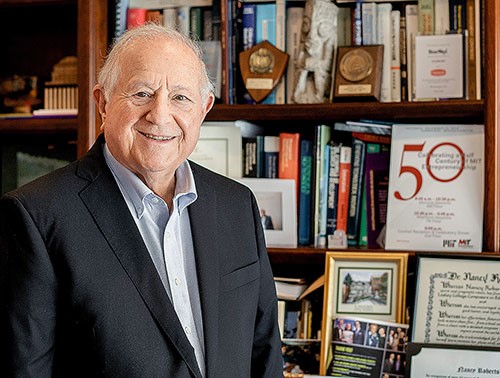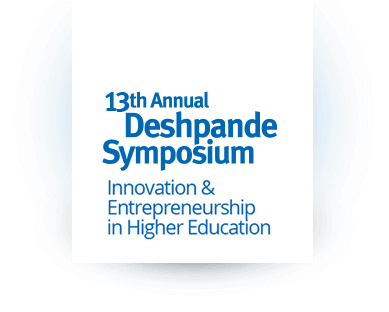MIT’s Global Outreach in Entrepreneurship

By: Edward B. Roberts, David Sarnoff Professor of Management of Technology
Founder/Chair and former Faculty Director, Martin Trust Center for MIT Entrepreneurship
Founder and Co-Chair, MIT Entrepreneurship & Innovation MBA Track
I have just finished writing the requested Introductions for the Tsinghua University Press translations and publication of two of my books: Entrepreneurs in High Technology: Lessons from MIT and Beyond (Oxford, 1991) and Celebrating Entrepreneurs: How MIT Nurtured Pioneering Entrepreneurs Who Built Great Companies (Amazon, 2020). That has caused me to reflect deeply on how much we have done at MIT over these many years to encourage and assist other countries toward more and higher impact entrepreneurship. I briefly discuss here a few examples of three types of our international efforts: (!) major country programs; (2) educational offerings; and (3) student activities. Obviously, a book could be written to expand this discussionJ.
MIT Country Programs in Entrepreneurship. In 1997 we launched our first programmatic effort to assist another country – in this case Israel at a stage far different from its present booming entrepreneurial environment. Our “client” was the Chief Scientist of the Ministry of Industry who sought our advice on what policy changes might encourage more startup activity. During our three year effort I also undertook the first study ever of an entire country’s high-tech firms – all 90 companies we found after looking hard! Our initial efforts led to many follow-up actions, including co-creating the MIT Enterprise Forum of Israel, launching Israel’s first entrepreneurship course at The Technion, producing its first ever “How to Start Your Own Business” seminars, and so much more.
That effort soon led to a major program in Sweden, followed by the UK, Singapore, Portugal, India, Malaysia, Japan and more. The results ranged from great transformational successes, as we had in Israel and in China, to our long and exhausting failed project in Russia!
MIT Educational Offerings. As an educational institution we of course have developed many subjects and special programs to enhance international entrepreneurial undertakings. In 1999 we started Entrepreneurial Development Program (EDP), an intensive one-week executive workshop aimed primarily at candidates sponsored by foreign countries. That program has been so exceptional in producing results that now many countries, ranging from Scotland, Wales and Northern Ireland to the United Arab Emirates and Saudi Arabia, annually send multiple men and women. Over the years, several countries have sent upwards of 100 participants to EDP, with marked entrepreneurial impact.
Our EDP successes led us to design REAP, Regional Entrepreneurship Development Program, inviting balanced teams from regions around the world to enter a two-years program of sessions at MIT and at their own locations, engaging them in plans and actions to develop their own region’s entrepreneurship. The teams must include representatives of a key university, a government agency engaged in economic development, an entrepreneurial firm, a major local corporation, and a source of investment capital. We try to help them replicate the interactive collaborations that come naturally to us in Greater Cambridge-Boston.
MIT Student Outreach. MIT students began outreach to the rest of the world in 1998, when leaders of the then-$50K Competition decided to help their global counterparts do similar things at their universities. Since then, with a different country hosting each year, MIT students run this Workshop for typically 200-300 students, now joined by faculty, university administrators, and government officials. And now the subject matter has been broadened from just the $100K entrepreneurship competition to broader aspects of student entrepreneurial engagement.
Like the Deshpande Foundation, at MIT we have sought for decades to strengthen local ecosystems around the globe, to encourage and educate entrepreneurs, and to help them to attain significant social and economic impact. Learn more at https://entrepreneurship.mit.edu

